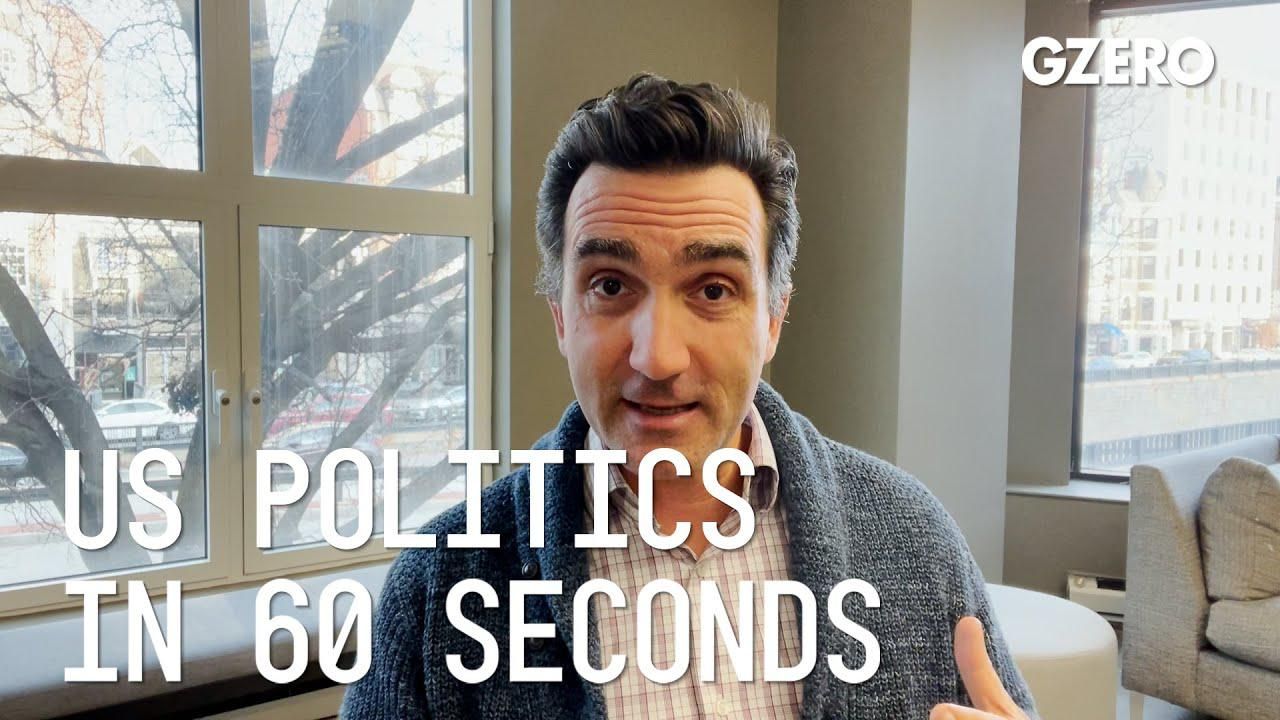Voting reform bill will likely be blocked, but still a key issue for Democrats

Jon Lieber, head of Eurasia Group's coverage of political and policy developments in Washington, discusses the Democrats voting bill.
What is the status on the Democrats voting bill?
The Democrats are pushing a bill that would largely nationalize voting rules, which today are largely determined at the state level. The bill would make Election Day a national holiday. It would attempt to end partisan gerrymandering. It would create a uniform number of early voting days and make other reforms that are designed to standardize voting rules and increase access to voting across the country. This matters to Democrats because they think they face an existential risk to their party's political prospects. They're very likely to lose at least the House and probably the Senate this year. And they see voting changes that are being pushed by Republicans at the state level that they say are designed to make it harder to vote, particularly for minorities, a key Democratic constituency.
Republicans see this as a power grab. They argue that the changes happening at the state level are reverting back to the pre-pandemic baseline. And during the pandemic, voting laws were expanded nationally. And they argue that the laws in states like Georgia, which Democrats are calling Jim Crow 2.0, are actually no more restrictive than the voting laws in a state like Delaware or New York, where two of the nation's most prominent Democrats come from. Regardless, this voting legislation is going nowhere. Republicans are uniformly opposed. And while Democrats are united in support of the voting reform changes, there are not enough votes in order to change the Senate rules to overcome a Republican filibuster.
As long as the filibuster exists, it will be nearly impossible to pass any kind of electoral reforms that could help Democrats push back on the tide of a system that largely benefits Republicans today. The US political system is structured in favor to benefit the more rural areas, and Republicans largely dominate in rural areas.
So knowing this bill will be blocked, why hold the vote at all? Well, this is a hugely important issue for the Democratic base and for the Democratic Party who worried about being locked out of power for the next 10 years. By holding the vote, Majority Leader Schumer hopes to pressure two moderate democratic holdouts and draw a contrast between them and the rest of the party. And he wants to send a message to the activist base that they support them, even though the Democrats are not united. The end result will probably be a failure to act and also further alienation of the two moderate holdouts, who Biden also needs their support on his fiscal policy bill, the Build Back Better bill, which is currently stalled until least March and probably beyond that.